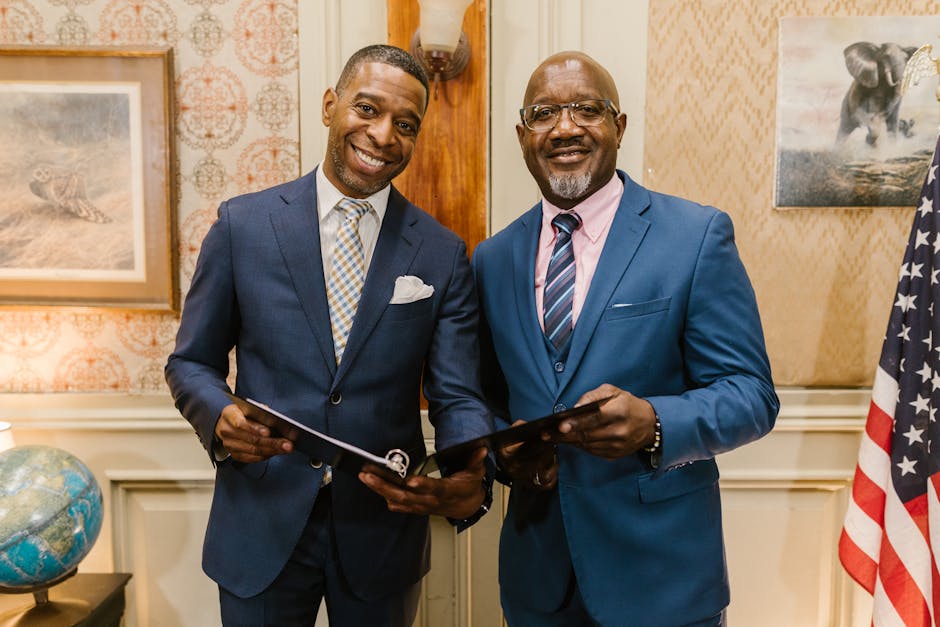The Arabic Alphabet and Its Contribution to Global Diplomacy 🌍✍️
The Arabic alphabet is more than just a script; it’s a bridge connecting cultures, fostering understanding, and playing a pivotal role in global diplomacy. Let’s dive into how this ancient alphabet has shaped international relations and continues to be a key player in diplomatic circles today.
Table of Contents
1. Introduction: The Arabic Alphabet’s Global Reach
2. Historical Significance of the Arabic Script
3. Arabic in Modern Diplomacy
4. Cultural Exchange and Language Learning
5. Conclusion: The Lasting Impact
6. FAQs
Introduction: The Arabic Alphabet’s Global Reach 🌟
At first glance, the Arabic alphabet may seem like just a collection of beautiful, flowing characters. But look closer, and you’ll find a script that has historically united diverse cultures and facilitated dialogue across continents. From ancient trade routes to modern diplomatic negotiations, the Arabic script has been a silent yet powerful participant.
Historical Significance of the Arabic Script 📜
The roots of the Arabic alphabet can be traced back to the Nabataean script, which evolved into the form we recognize today. Historically, the Arabic language and its script spread far and wide due to the influence of the Islamic Golden Age. During this period, scholars translated works from Greek, Persian, and Indian texts into Arabic, making it a language of knowledge and science.
As a result, Arabic became a lingua franca in the medieval world, crucial for trade, scholarship, and diplomacy between different regions. The script’s adaptability and ease of learning contributed to its widespread acceptance and use.
Arabic in Modern Diplomacy 🤝
Today, Arabic is one of the six official languages of the United Nations, underscoring its importance in international diplomacy. This status ensures that Arabic-speaking countries can engage in global forums, voicing their perspectives and negotiating treaties in their native language.
The use of Arabic in diplomatic settings not only facilitates communication but also shows respect for the cultural and linguistic diversity that forms the bedrock of international relations. By embracing linguistic inclusivity, diplomats can foster more meaningful and effective dialogues.
Cultural Exchange and Language Learning 🌐
Learning Arabic opens doors to understanding a rich cultural tapestry that spans from Morocco to the Gulf. Language learning is a form of soft diplomacy, promoting mutual respect and collaboration. Governments and organizations around the world are investing in Arabic language programs, recognizing their potential to build bridges and enhance cross-cultural understanding.
Furthermore, cultural exchanges and educational initiatives such as scholarship programs for Arabic studies encourage young diplomats and students to engage deeply with the language and culture, equipping them with the skills to navigate the complexities of global diplomacy.
Conclusion: The Lasting Impact 🌏
The Arabic alphabet is more than just a writing system; it’s a powerful tool for diplomacy and cultural exchange. As globalization continues to bring the world closer, the role of the Arabic script in fostering international understanding is more relevant than ever. By appreciating and utilizing this ancient script, we can strengthen global ties and promote a more harmonious world.
FAQs ❓
Q1: Why is Arabic an official language of the UN?
Arabic is one of the official languages of the UN to ensure linguistic diversity and allow Arabic-speaking nations to participate fully in international discussions.
Q2: How has the Arabic alphabet influenced other languages?
The Arabic alphabet has influenced other scripts and languages, such as Persian and Urdu, which use modified versions of the Arabic script.
Q3: Is learning Arabic beneficial for a career in diplomacy?
Yes, learning Arabic is highly beneficial for a career in diplomacy as it enhances communication with Arabic-speaking countries and deepens cultural understanding.






